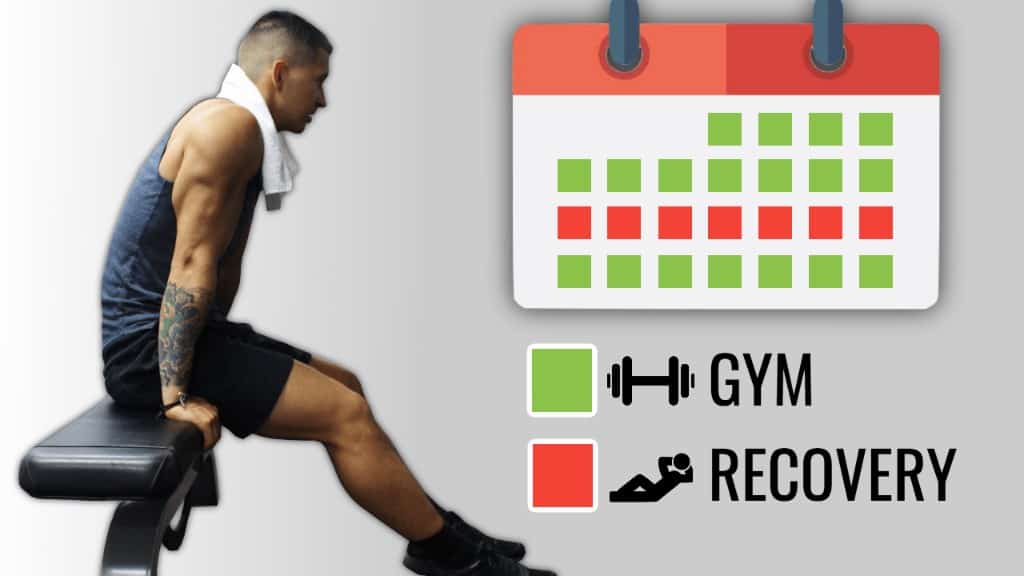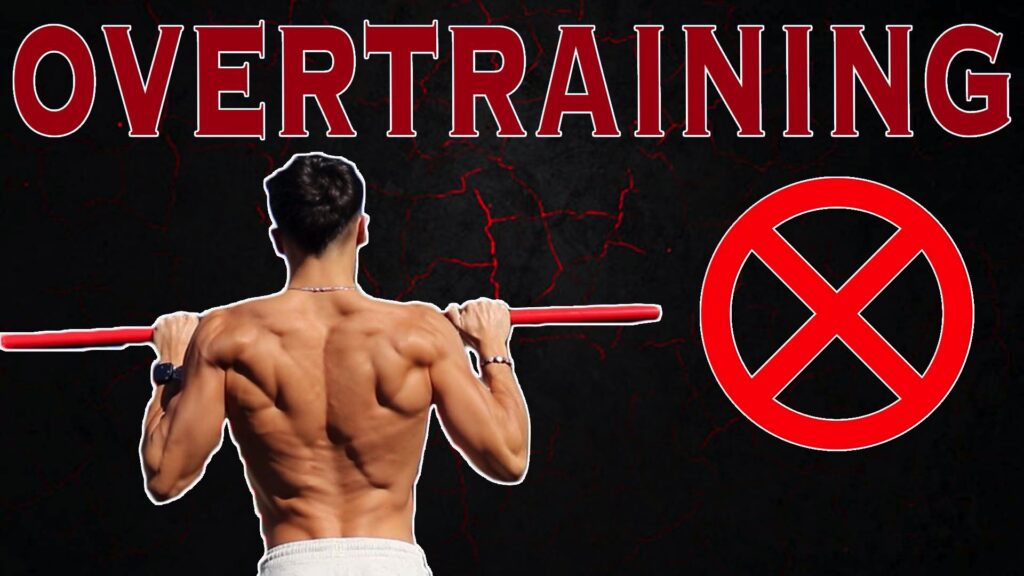How to Know When It’s Time for a Deload Week: Signs, Benefits, and Strategies

In the world of strength training and intense workouts, the concept of a “deload week” is often overlooked but can be incredibly useful. This reduction in training intensity or volume helps your body recover, preventing overtraining and ensuring long-term progress. But how do you know when it’s time to take a step back? Here are some key signs that indicate it’s time for a deload week and how it can benefit your training.
Physical Signs You Need a Deload Week
- Persistent Fatigue: Feeling unusually tired, both inside and outside the gym, is a common indicator. If you find that everyday tasks are becoming increasingly exhausting, it might be a sign that your body needs a break.
- Decreased Performance: Noticeable drops in your strength, endurance, or overall performance during workouts can signal overtraining. If your lifts feel heavier than usual or you can’t complete your usual number of reps, it’s time to consider a deload.
- Increased Muscle Soreness: While some muscle soreness is normal, experiencing prolonged or unusual soreness that doesn’t seem to go away is a red flag. This can indicate that your muscles aren’t recovering properly between sessions.
- Frequent Injuries: If you find yourself getting injured more often, it’s a sign that your body is under too much stress. Minor aches and pains that don’t heal quickly can escalate into more serious injuries if not addressed.
Mental Signs You Need a Deload Week
- Lack of Motivation: If you’re usually excited about your workouts but suddenly find yourself dreading them, it might be a sign that you need a break. Mental burnout is just as important to address as physical fatigue.
- Irritability and Mood Swings: Overtraining can affect your mood, leading to increased irritability, anxiety, or even depression. If you notice significant changes in your mood, it could be a signal that your body needs rest.
- Sleep Disturbances: Difficulty falling asleep or staying asleep can be a symptom of overtraining. Proper rest is crucial for recovery, and lack of sleep can further hinder your performance and well-being.
How a Deload Week Helps
A deload week involves reducing the intensity and volume of your workouts, allowing your body and mind to recover fully. Here’s how it can help:
- Physical Recovery: Lowering the stress on your muscles, joints, and ligaments gives them time to heal, reducing the risk of injuries. It also helps in reducing chronic inflammation and muscle soreness.
- Mental Refresh: Taking a break can reinvigorate your motivation and enthusiasm for training. It helps to alleviate mental fatigue, making your workouts feel enjoyable again.
- Performance Boost: After a deload week, you’ll often find that your strength and performance have improved. This is because your body has had the time it needs to fully recover and adapt to the training stress.
Knowing when to take a deload week is important for sustained progress in your training. By incorporating a deload week into your training regimen, you’ll ensure that your body has the time it needs to recover, reducing the risk of injury and burnout. This strategic rest will help you come back stronger, more motivated, and ready to tackle your fitness goals!
You Got This!
Subscribe to our newsletter and be the first to find out about new articles.






